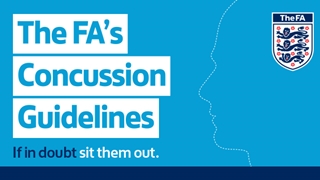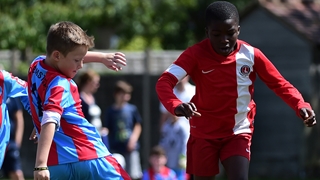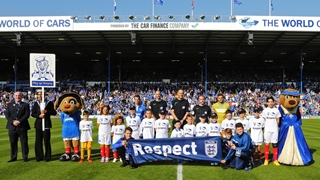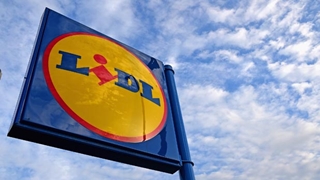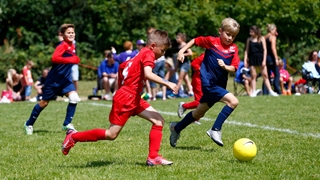
Amid recent reports in the media, The FA’s decision to restrict the publication of outcomes of matches has come under scrutiny.
Pete Ackerley, The FA’s Head of Participation told TheFA.com: “This guidance is not new. As a result of significant consultation and research undertaken across the game with children [players], parents, coaches, clubs and league volunteers, The FA decided in 2012 to extend its implementation from U7s through to U11s.
“The feedback we got was simple – children are competitive by nature, they want to win and don’t need a league table or results section on a website to confirm this.
“Our ambition is for football to be progressive and child-friendly and to move away from the win-at-all-costs mentality that has been recognised to stifle development and enjoyment in sport.”
The decision forms part of the implementation of The FA Youth Development Review, a document spanning 25 recommendations based on research and feedback from across the country over two years and published in 2012.
The recommendations included reduction of pitch sizes, number of players and coach development.
Working together with a proactive attitude, adults can help develop a better learning environment for young people that puts their needs at the centre of the process.
Since its implementation there has been a 17.5 per cent rise in the number of teams involved in mini soccer. There are currently 24,710 mini soccer teams registered in England, up by 3,800 in three seasons.
“During seasons teams are allowed to play festivals where there are, of course, winners and losers,” added Ackerley.
“Teams can play for trophies in a true competitive style. What differs is that at this age, competition takes place in trophy events rather than across a season-long period.
“These positive changes have been put in place to improve enjoyment, fun and development of young players allowing more touches, on a better proportioned pitch with an increase of involvement in the game as a whole.”
What this means for young players
U7/U8: Even the youngest children will benefit from having the opportunity to play for a cup, two or three times a season. This competition can take place over a two-week period and, for example, can include a knock-out cup event. This means that over a typical 26-week season, six weeks of this will be focused competition.
U9/U10: As children grow developmentally and cognitively, the periods of competition can increase further as their views of the world start to widen. Therefore competition can now take place over a four-week period and, for example, can include group stages and a cup final. This means that over a typical 26-week season, 12 weeks of this will be focused competition.
U11: Children can now start to understand whether a team beats them because they tried harder or they were better players, something they cannot often do before this age. This competition can take place over a six-week period and, for example, can include a Champions League style event. This means that over a typical 26-week season, 18 weeks of this will be focused competition.


